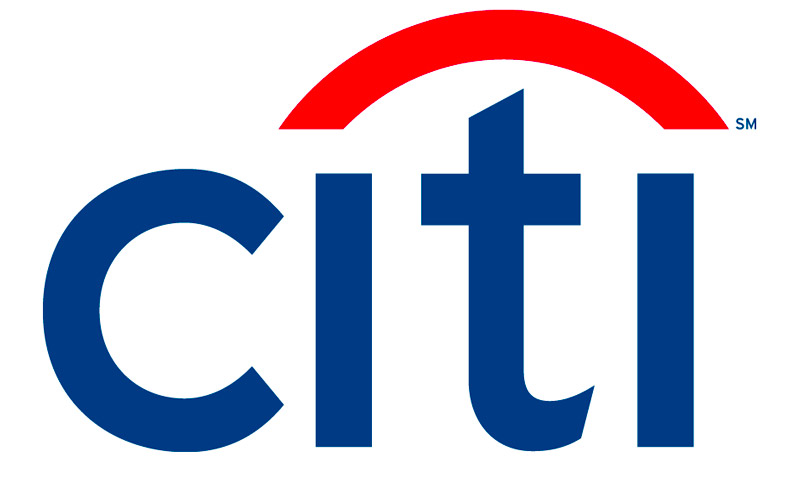| N.J. has the 7th highest rents in the nation, report says. Here’s what a typical apartment costs. |
|
Published July 28, 2022 A New Jersey resident would need to make more than $65,000 a year, or $31.32 an hour, to afford an average two-bedroom apartment in the state, according to a report released Thursday. The rental market has become a “predatory sector of profit-making,” said Staci Berger, of the Housing and Community Development Network of New Jersey, a statewide nonprofit that advocates for affordable housing. “We know that people are suffering, and they are hurting, and it’s not right,” said Berger, the association’s president and chief executive officer. “We need housing to be a human right.” Berger’s group is a state partner of the National Low Income Housing Association, which released the new study on each state’s rental prices. New Jersey ranked as the seventh most expensive location for U.S. renters in 2022, according to the association’s report. Only Hawaii, California, New York, Massachusetts, Washington and the District of Columbia are more expensive. New Jersey improved slightly compared to last year, when it ranked as the sixth most expensive state for rent in the nation. Hudson County is the most expensive area in the state to rent, the report said. A two-bedroom apartment goes for $1,972 a month on average. Hunterdon, Middlesex and Somerset are also among the most expensive counties, with an average monthly rent of $1,851 for a two-bedroom apartment, according to the study. The “fair market rent” for a two-bedroom apartment in New Jersey is $1,628, according to federal officials. This is down slightly from $1,662 in 2021. The U.S. Department of Housing and Urban Development calculates fair market rent rates to determine the standard payment amounts for rental assistance. In order to afford that level of rent plus utilities — without paying more than 30% of income on housing — a New Jersey household must earn $5,428 monthly or $65,137 annually, the report said. More needs to be done to help renters afford housing, Berger said. The state only opened about 4,000 spots for its rental assistance program in mid-July, yet 86,000 people applied, Berger said. After the lottery, tens of thousands of renters were left without help. “Just trying to find an apartment that you can afford in a safe area to raise your children seems almost equivalent to walking on the moon at this point ... It seems so far away,” said Tanika Moss, a shelter aide at Eva’s Village, a nonprofit organization in Paterson that cares for those struggling with hunger, homelessness and addiction. She is facing the issue herself as she looks for a new apartment. It’s become difficult for Moss to encourage other women at the shelter to find housing when she herself wants to “just give up,” she said. In the Garden State, there are only three counties — Bergen, Burlington and Morris — where the median income for a renter is greater than the income needed to live in a two-bedroom apartment at the fair-market rent, according to an NJ Advance Media analysis. More than a third of residents in New Jersey are renters, the National Low Income Housing Association said. In Essex County, 56% of residents rent their homes. That number jumps to 68% in Hudson County. The housing wage — the hourly wage a worker must earn to afford a “modest and safe rental” without spending more than 30% of their income on housing — shows how out of reach affordable housing is for many New Jerseyans, the study said. The average renter wage in New Jersey is $23.39 an hour, almost $8 less than the housing wage of $31.32 needed to comfortably afford a two-bedroom apartment. To spend a maximum of 30% on housing is “not realistic at all” for many in the state, Moss said. “Not that it’s not realistic, I’m sure for some places this is happening, it’s just it’s not happening here,” Moss said. “It’s not happening for me.” |














